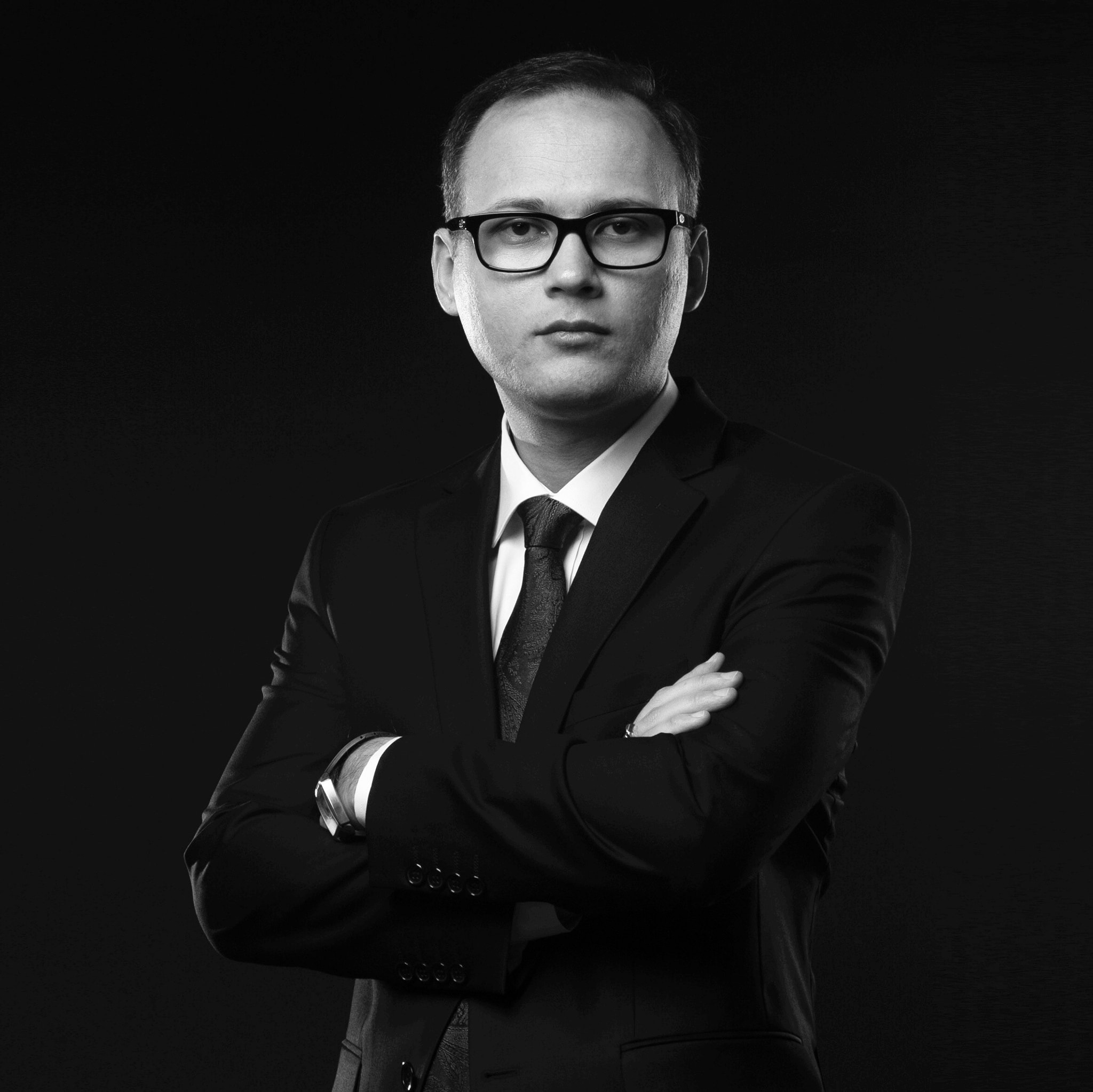The visit of Saudi Arabia’s King Salman bin Abdulaziz al Saud to Russia generated considerable interest far beyond Riyadh and Moscow. The Western media seldom provide such media coverage on the visit of the Head of State which is far enough away from USA and Western Europe.
The Press Secretary for the President of Russia Dmitry Peskov called the Saudi monarch’s visit an epoch-making, indeed the Custodian of the two Holy Mosques was visiting Moscow for the first time, accompanied by an impressive delegation. It’s no secret that in Russia the attitude towards Saudi Arabia and the royal family is very ambiguous. And that was very easy to trace in some major Russian media outlets.
Some of the Russian experts called for the establishment of equal relations with Saudi Arabia, as well as with Iran, whereas the rest called for prudence in dealings with Saudi Arabia to avoid offending Iran.
During the visit various topics were addressed, the Heads of State have lots to talk about. Unfortunately, some major media outlets, putting aside the visit itself, focused on issues relating to the King’s movement inside the Kremlin and the accommodation of the Saudi delegation in expensive Moscow hotels. I can kind of understand these media outlets, because news like this provides more clicks than news about signing of contracts and bilateral agreements.
It is also noteworthy that Russian media, which had been reporting about the “Genocide in Yemen” and “Saudi Arabian support to terrorists” for a long time, like on the “orders”, changed their tone, after information about potential major arms shipment to Saudi Arabia appeared. I assume it is a temporary phenomenon and we can see anti-Saudi publications in Russian outlets again in the near future.
If we review Saudi-Russian relations we can note that there are more disagreements than issues of mutual understanding between the two countries.
The main bone of contention between Riyadh and Moscow is Syria. Moscow and Riyadh have diametrically opposed views on the post-war architecture of Syria and Bashar Assad’s future. The Parties also disagree with each other over the issue of a number of armed groups fighting in Syria against Bashar Assad’s regime.
One hopes that this visit can smooth things over and bring the parties together. I understand that Russia’s “victory in Syria” will give the Russian Government a serious asset for both internal and external application. And this is an election year for Putin (there are Presidential elections in Russia in 2018). But, on the other hand, Russian economy, which suffers from the fall in oil prices and the sanctions imposed against the country, needs foreign investment more than ever. Saudi Arabia can make large investments into the Russian economy but it is possible that the Saudi side will require more acceptable conditions in the post-war Syria and will try to prevent some Russian projects with Iran in exchange for significant financial contributions. It remains to be seen whether Russia will go for it. But, the King’s visit to Moscow and meeting him on the highest level already caused irritation in Tehran and Damascus. It is understood in Iran and Syria that Russia is going through the systemic crisis and is in dire need of foreign exchange. Large investments from the West are almost impossible at this stage, thus, exacerbating the situation for Moscow. In general, it is no exaggeration to say that the fate of Russia and, personally, Putin depends heavily on large currency investments this year and next. For this reason I assume that Moscow will be guided by their short-term interests in relations with Saudi Arabia, downplaying long-term prospects for the strategic relations with Iran and Syria.
The statements of some of the so-called experts, claiming that Saudi Arabia will replace Iran for Russia over the time are bewildering. It takes not knowing the realities of the region to deceive the public with such false information.
Despite all the problems, Saudi Arabia has normal, even, strategic relations with the USA and leading European countries, is not under any international sanctions and has huge financial recourses.
In contrast with Saudi Arabia, Iran is under the international sanctions (not all the sanctions are lifted and there is a threat of disruption of the nuclear deal), has complicated relations with the USA and EU and that’s why Iran has to maintain the “strategic alliance” with Russia to spite the West. If one day Iran succeeds in settling their issues with USA, Tehran, obviously, will move to the American camp.
I’ll give you one example: Russia had been advocating for lifting the international sanctions imposed on Iran for a long time. But, at last, when the sanctions were partially lifted and Russian business was looking for massive orders from Iran, the Iranian side signed huge contracts for the supply of the planes with Boeing and Airbus and no one in Tehran mentioned Russian aviation industry enterprises. It’s just one part of the bigger picture. So I call on the colleagues to be realistic.
Of course, Kremlin clearly understands it and thinks they are entitled to supply weapons and military technologies to Saudi Arabia without regard to Tehran.
In general, King Salman’s visit has provided benefits to Saudi Arabia’s regional ambitions. Moscow also could benefit considerably from this visit. It is difficult to predict how Saudi-Russian relations will evolve in the long term, but in the short term there is a great scope for political and business elite of both countries.
Saudi King’s Landmark Visit to Moscow. What’s next?
|
Ali Hajizade
Editor’s column |  |


Be the first to comment at "Saudi King’s Landmark Visit to Moscow. What’s next?"